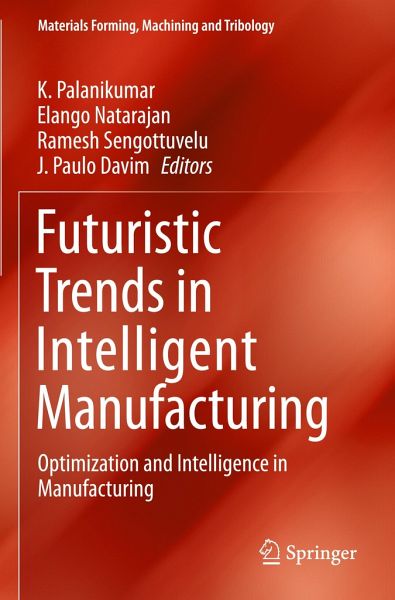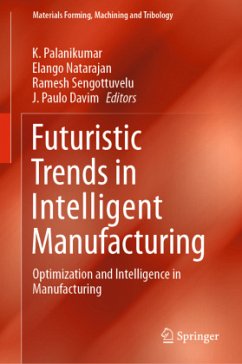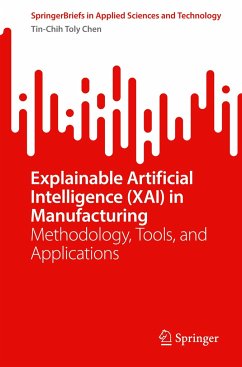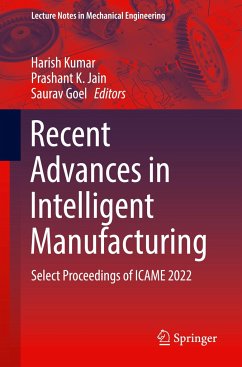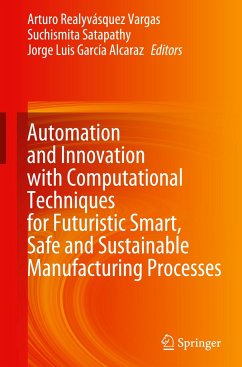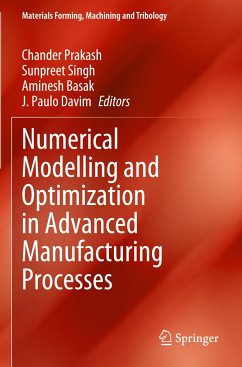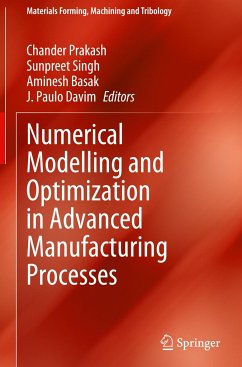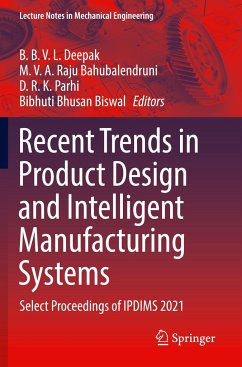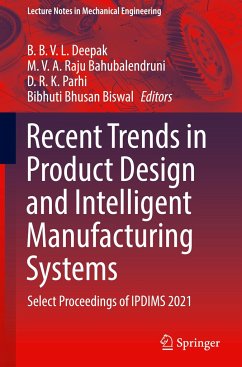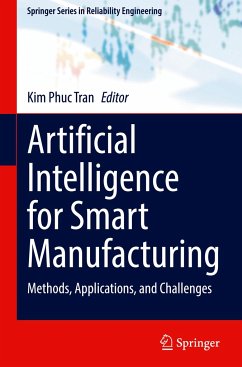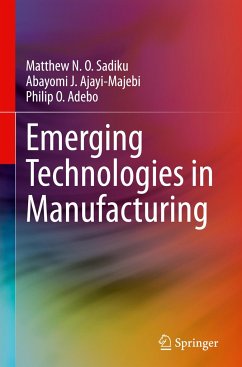Dr. K. Palanikumar is Professor and Principal at Sri Sai Ram Institute of Technology, Chennai, India. He completed his master's degree in Production Engineering with University FIRST RANK from Annamalai University and obtained Ph.D. degree in Mechanical Engineering from Anna University, Chennai, Tamil Nadu, India. He has more than 25 years of experience in teaching and research. He has produced 15 Ph.D. scholars as a supervisor and has received "National Best Researcher Award from ISTE". His current area of research includes Machining of Composite Materials, Modern Manufacturing, Optimization, Simulation and Modeling. He has coordinated and participated in several funded research projects. Elango Natarajan is Chartered Mechanical Engineer (CEng), who specialized in Mechanical Engineering Design, CAE, Optimization and Soft Robotics. He obtained doctoral degree in Mechanical Engineering from Anna University, Chennai, India, in 2010. He worked as a postdoctoral research fellow in UTM, Skudai, Malaysia, in 2013. He has served for engineering colleges/universities for about 20+ years in various academic positions. His current area of research includes machining of composite materials and optimization, machine learning in manufacturing, finite element analysis and soft robotics. Dr. Ramesh S received doctorate degree in Mechanical Engineering from Anna University Chennai, India, in 2008. He served in Ethiopia for two years from October 2003 to August 2005 at Mekelle University under the Ministry of Higher Education sponsored by United Nations Development Programme (UNDP). He had also worked in Sultanate of Oman for Salalah College of Technology from November 2008 to August 2010. He held various administrative positions in premier institutions. He has served for engineering colleges/universities for about 25+ years in various academic positions. Dr. J. Paulo Davim received his Ph.D. degree in Mechanical Engineering in 1997, M.Sc. degree in Mechanical Engineering (materials and manufacturing processes) in 1991, Mechanical Engineering degree (5 years) in 1986, from the University of Porto (FEUP), the Aggregate title (Full Habilitation) from the University of Coimbra in 2005 and the D.Sc. (Higher Doctorate) from London Metropolitan University in 2013. He is Senior Chartered Engineer by the Portuguese Institution of Engineers with an MBA and Specialist titles in Engineering and Industrial Management as well as in Metrology. He is also Eur Ing by FEANI Brussels and Fellow (FIET) of IET London. Currently, he is Professor at the Department of Mechanical Engineering of the University of Aveiro, Portugal. He is also distinguished as Honorary Professor in several universities/colleges. He has more than 30 years of teaching and research experience in manufacturing, materials, mechanical and industrial engineering, with special emphasis in machining & tribology. He has also interest inmanagement, engineering education and higher education for sustainability. He has guided large numbers of postdoc, Ph.D. and master's students as well as has coordinated and participated in several financed research projects.
